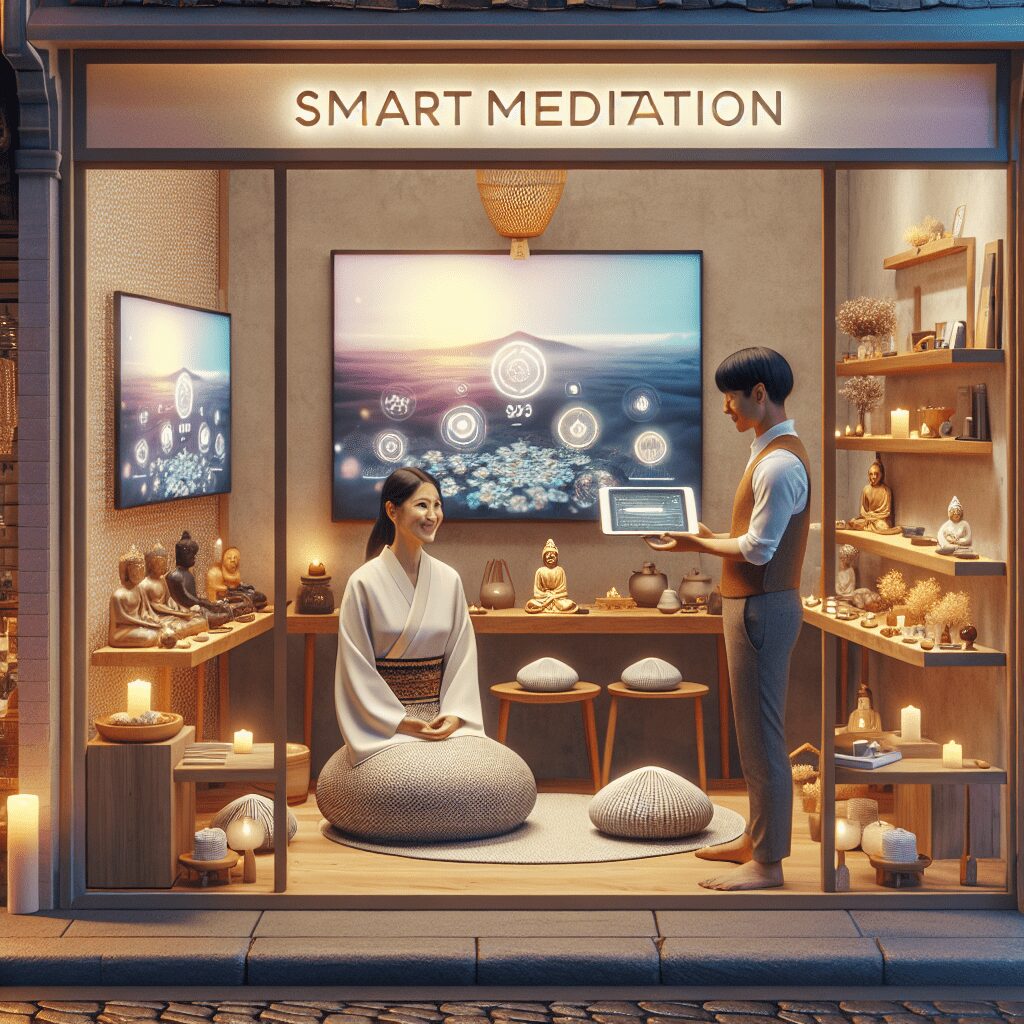
Prioritize your mental well-being daily. Enhance your life by nurturing your mental health with the Smart Meditation app. Break free from stress, alleviate anxiety, and enhance your sleep quality starting today.
How Are Serotinin And Dopamine Reduced When You Have Depression?
Unraveling the Mystery: How Depression Dims the Lights of Serotonin and Dopamine
Ever felt like you’re stuck in a funk that you just can’t shake off? Well, you’re not alone. Millions of folks worldwide battle with depression, a complex beast that tinkers with the brain’s intricate wiring and chemistry. Front and center in this neurological drama are two molecules you’ve probably heard of: serotonin and dopamine. These are not just fancy buzzwords but crucial neurotransmitters that play leading roles in regulating your mood, motivation, and feel-good vibes. Let’s dive in and decode how depression manages to dial down these vital chemical messengers, making it quite the uphill battle to find joy in things that once made you tick.
The Serotonin Saga: More Than Just a Mood Modulator
Ah, serotonin, often dubbed the “happiness hormone,” though it’s more accurately a neurotransmitter. This chemical is a jack-of-all-trades, involved in everything from regulating mood to helping with sleep and digestion. You’d think something so vital would be in abundant supply, but here’s the kicker: when depression enters the scene, it’s like serotonin production hits a snag.
The brain’s serotonin system functions much like a sophisticated network of highways, facilitating communication between various brain regions. In the throes of depression, however, it’s as if this network is bogged down by traffic jams. Scientifically speaking, there could be fewer serotonin receptors or a decrease in serotonin release. Alternatively, the serotonin might be absorbed too quickly, not hanging around in the synaptic space long enough to do its job effectively. The outcome? That zest for life starts to wane, and the world seems less colorful.
The Dopamine Dilemma: Chasing the Motivation High
Onto dopamine, the “reward” chemical. It’s your brain’s way of patting you on the back, saying, “Hey, good job!” whenever you achieve something, be it nailing a work project or simply enjoying a piece of chocolate. Dopamine fuels our drive, motivation, and pleasure-seeking behaviors, making us feel accomplished and elated.
However, depression throws a wrench in the works, putting a dampener on the dopamine party. Research suggests that in depression, the brain either produces less dopamine or the dopamine receptors become less sensitive. Imagine throwing a party and the music’s so low that no one can dance. That’s akin to what happens with dopamine in depression. You’re going through the motions, but the reward just doesn’t feel as rewarding. The result? Activities that once brought joy, from hobbies to socializing, lose their appeal. You’re left feeling unmotivated and blah, as the dopamine-driven reward circuits are on a break.
Bridging the Gap: Toward a Brighter Horizon
Understanding the serotonin and dopamine quandaries in depression is more than just academic gymnastics. It’s crucial for developing effective treatments. Currently, many antidepressants focus on increasing serotonin levels, aiming to clear up those traffic jams. As for dopamine, approaches to boost its activity or enhance its effects are also a hot research area. Moreover, lifestyle changes, such as regular exercise, a balanced diet, and adequate sleep, can naturally help nudge these neurotransmitters in the right direction.
So, while depression might have the upper hand in messing with serotonin and dopamine, science and resilience are on our side. It’s about piecing the puzzle together, one neurotransmitter at a time, forging paths toward healing and reclaiming the joy and color in our lives.





